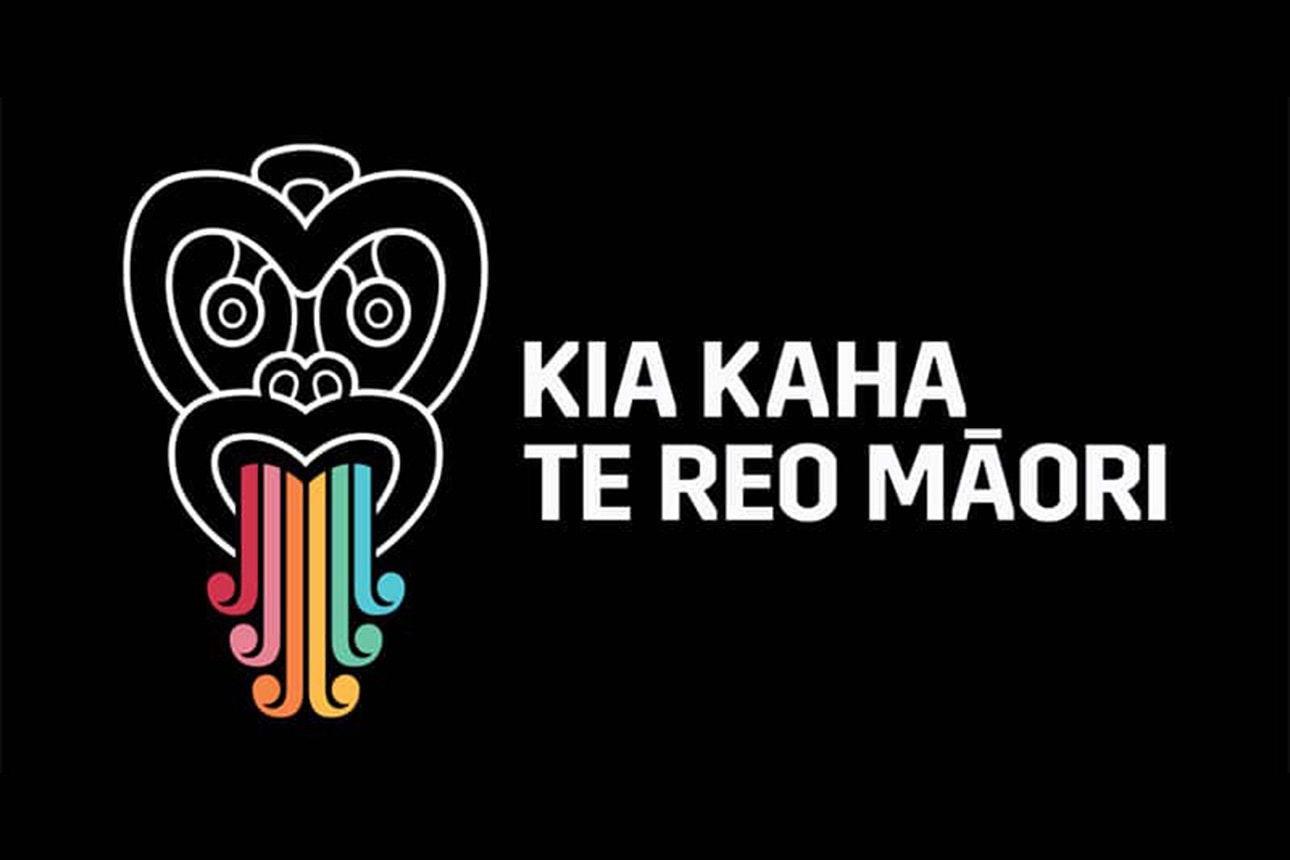
By Nick Gelling
Product Test Journalist | Kaipūrongo Whakamātautau Hautaonga
Whether you’re a reo rookie, you know a little bit, or you’re looking to familiarise your kids with the language, there are dozens of free apps that can help you engage with te reo Māori, the indigenous language of Aotearoa.
We couldn’t hope to review them all – and we apologise if we missed your favourite off the list – but here are a few interesting ones we wanted to highlight.
For beginners
Drops
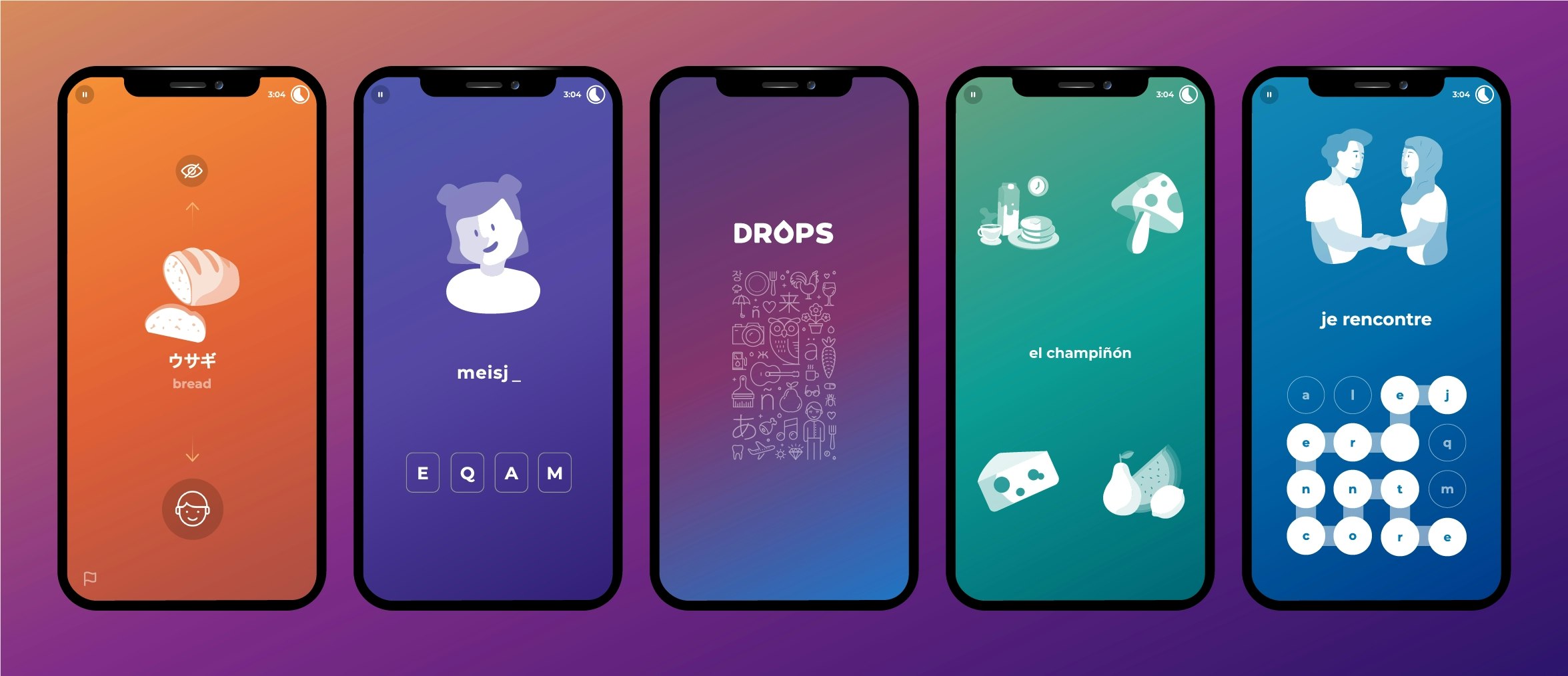
The only app on this list that isn’t specific to te reo Māori, Drops is a language lesson tool with support for over 40 languages, from Arabic to Yoruba.
Drops Premium isn’t cheap, at $160 a year or $300 for life. The app immediately tries to get you to sign up for a one-week free trial, but we’d recommend skipping that (hit the little white X at the top) so you don’t forget to cancel and accidentally get charged.
The free version lets you learn for five minutes per day, with the app attempting to get you in the habit of practising every day. During a five-minute session, you’re asked to match words to pictures and spell words out, and new words are slowly added to your vocabulary over time.
Drops is only useful for building vocabulary and teaching pronunciation. You’ll need to learn grammar from elsewhere if you want to be able to speak any sentences.
Ka Piki
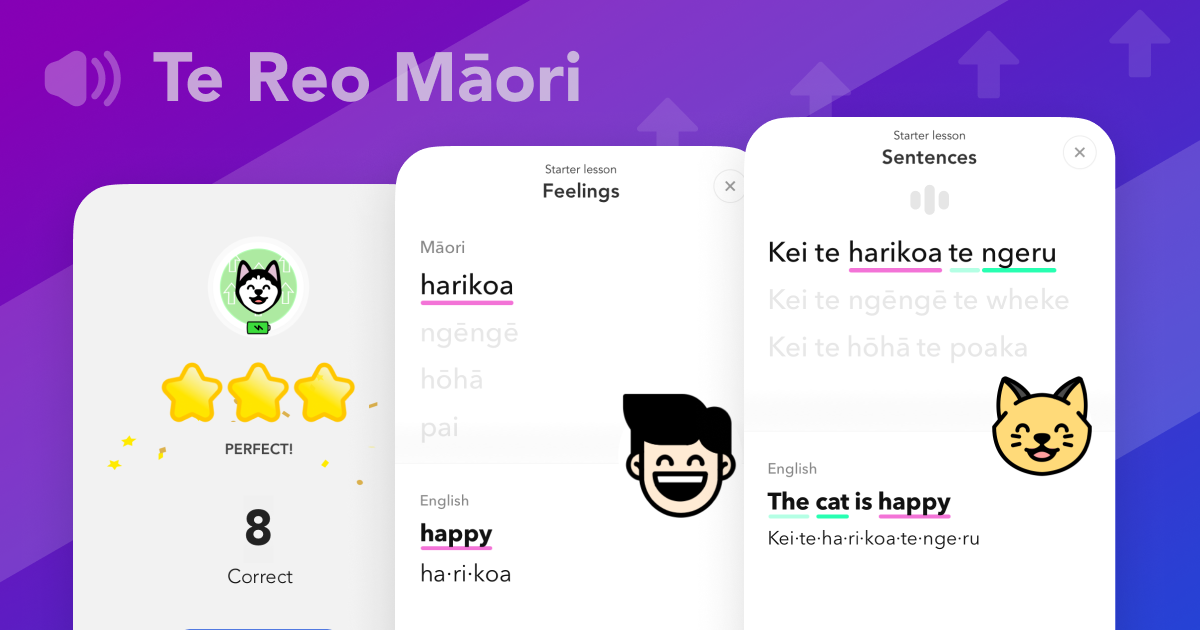
Ka Piki feels similar to Drops, but with less variation in teaching style. It uses full, grammatically correct sentences, which is an improvement, but user input is limited to tapping whether a given sentence is “correct” or not – usually whether it translates to the English text displayed on screen. We don’t think that method will be particularly useful for learning to write or speak te reo yourself.
Still, there’s quite a bit of content here, and the app is engaging, so it could be right for kickstarting your journey.
Tatau (iOS only)
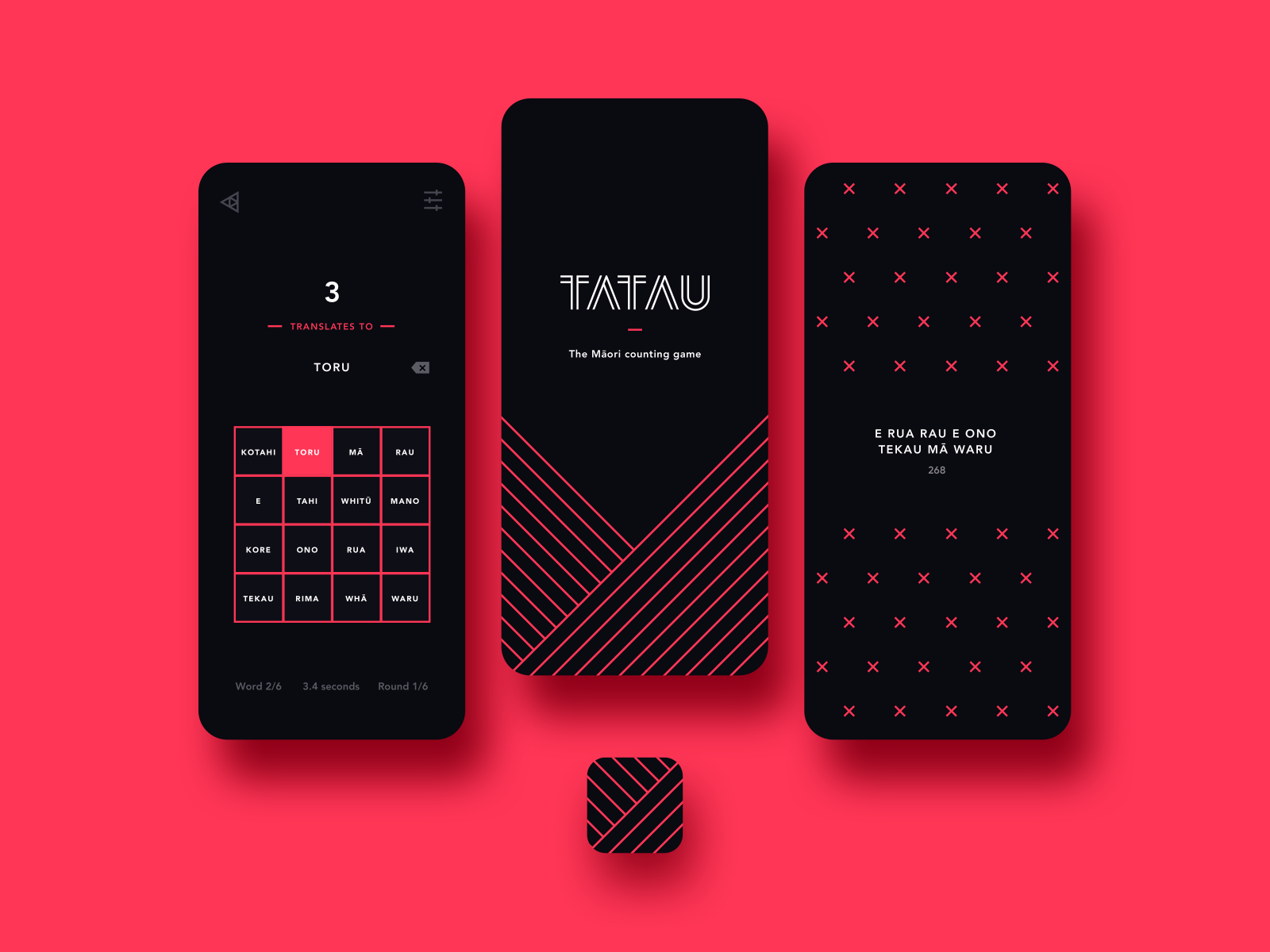
Tatau makes learning the Māori counting system into a game. You are timed as you attempt to translate numerals like “2023” into spoken Māori – e rua mano, e rua tekau mā toru. The numbers begin at a single digit and work up to six-digit behemoths.
It’s a simple app but the gamification is extremely effective. High scores are global and public, so if you do well, you can proudly trumpet your name for all to see. Use that as motivation, and in no time, you’ll know tahi to iwa without even thinking. Try to beat my score of 1896 points!
Tip: if you’re new to numbers in Māori, or your knowledge ends at e iwa tekau mā iwa, tap “Learn” in the main menu for a quick crash course before you jump into the game.
Uiui (iOS only)
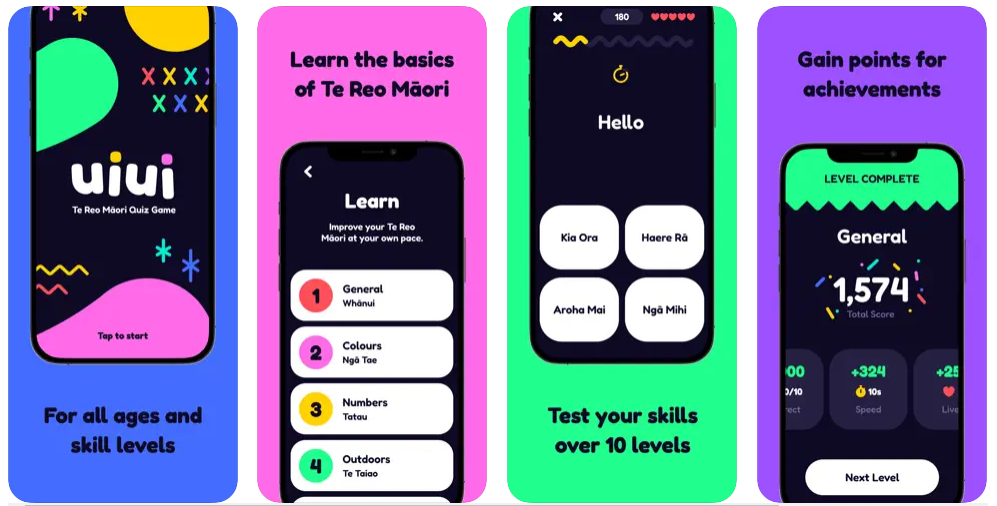
A colourful, vibrant quiz app, Uiui was launched for Māori Language Week in 2022. It’s a fairly basic way to test yourself on your vocabulary, but it’s gamified well enough to motivate players to learn more words to improve their scores (especially, I suspect, younger players).
I got 11,744 points after bombing out in round 7, but I’ll definitely be back to improve on that.
Do yourself a favour and turn the volume up – the music is absolutely delightful and sets a lovely mood for learning!
For intermediate learners
Rongo
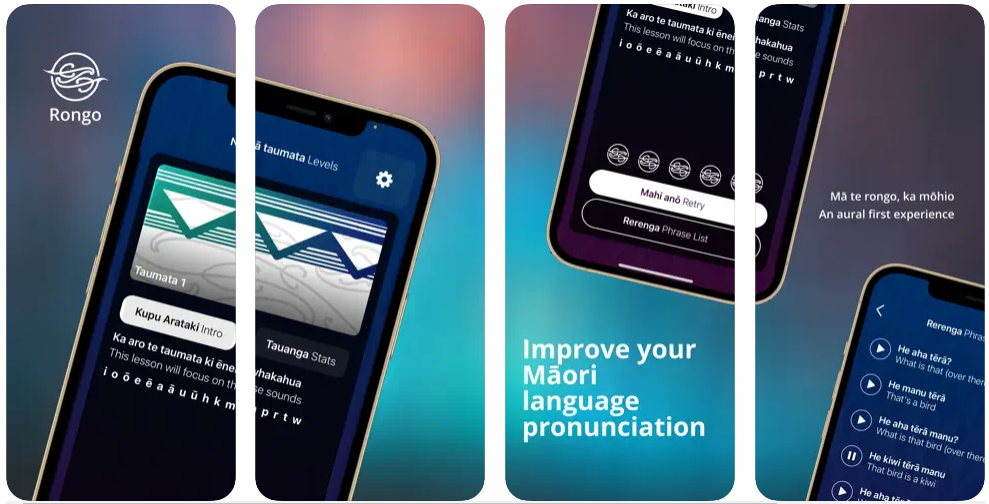
We love Rongo’s focus on learning through speaking. Te reo Māori is traditionally a spoken language, and some practitioners believe it’s better to learn it through listening and speaking, rather than reading and writing.
In each lesson, the voice of a kaiako (teacher) will speak phrases which you’ll repeat back. On-board language processing (of the same kind used by digital assistants such as Alexa or Siri) assess whether you’ve pronounced the phrase correctly. If you have, the kaiako moves on – if not, you’re provided with the spelling of the word to help you practise and get it right.
There are 24 lessons, each with at least 10 new words to learn. The focus isn’t necessarily on developing vocabulary, but on building confidence in pronunciation, which is a more foundational skill. By the final level, you’ll be able to pronounce the most complex Māori words and easily string them together. At the end of each lesson, you can read the English translations for the phrases you learned.
The method does rely on having a quiet space where you can hear and speak into your phone, which could be a limitation for some. If you can, we recommend turning off the lights and closing your eyes during lessons – it can make for a very meditative experience!
Kōrerorero
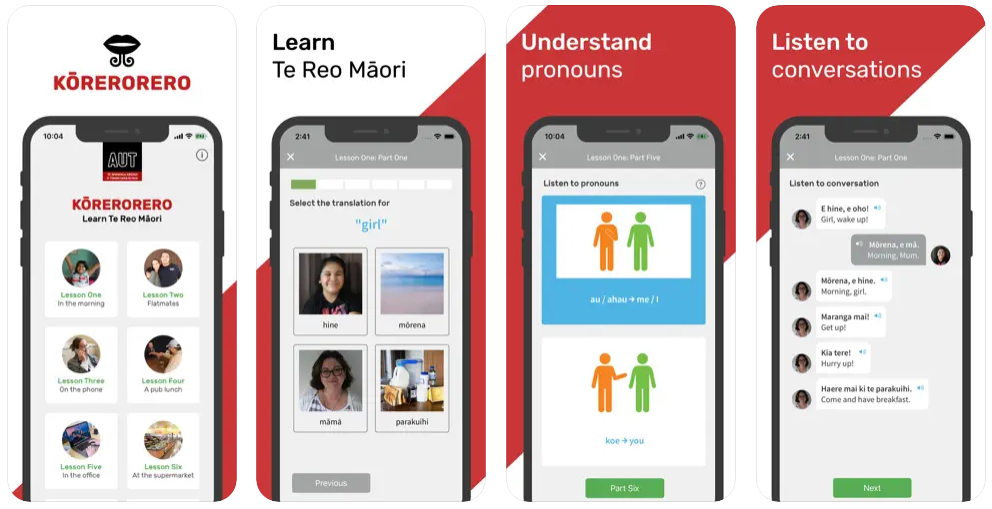
This resource from AUT comprises eight scenes, fully voiced in both te reo Māori and English.
The scenes are in increasing order of complexity, with each one introducing new vocabulary and sentence structures to learn. By the eighth scene, the language is fairly advanced, feeling authentic and conversational.
While the primary learning method is by ear, vocabulary terms also appear with photos to help visual learners.
Resources for all levels
Te Aka
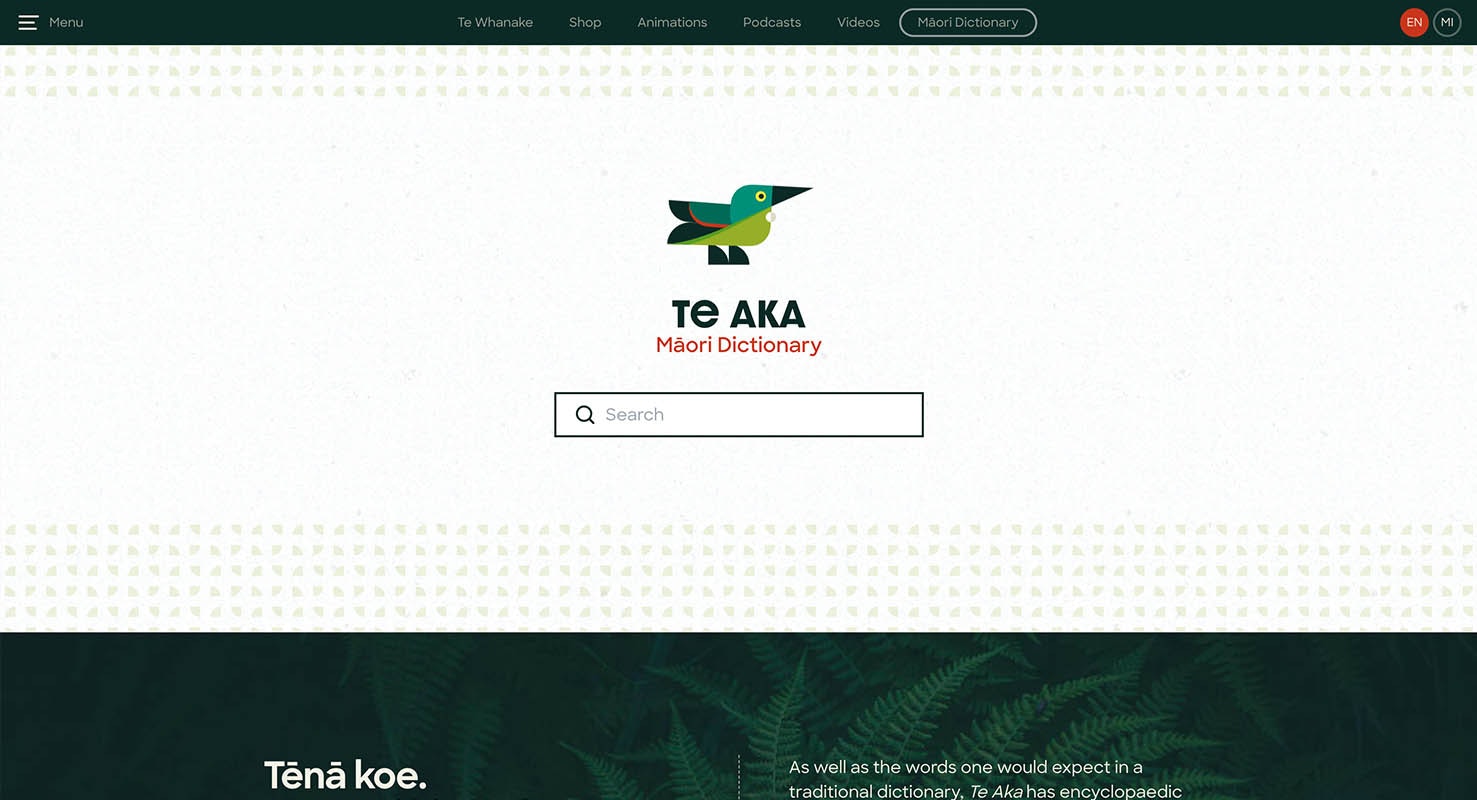
Perhaps the most crucial resource for anyone learning or using te reo, Te Aka is a powerful online Māori–English dictionary. As a student of the language, Te Aka is your best friend. We recommend bookmarking it in your web browser so you’re always ready to check spelling, or translate in either direction, at the touch of a button.
The standalone app has a one-off cost to download, so if you want the convenience of an app, consider it a donation to the much-deserving Te Aka team. There’s also a physical Te Aka dictionary you can buy if you prefer the feel of paper.
One word of warning: the Te Aka ranking algorithm is known to return irrelevant results first, but if you scroll a little, you’ll probably find the word you’re looking for.
Ako Tahi
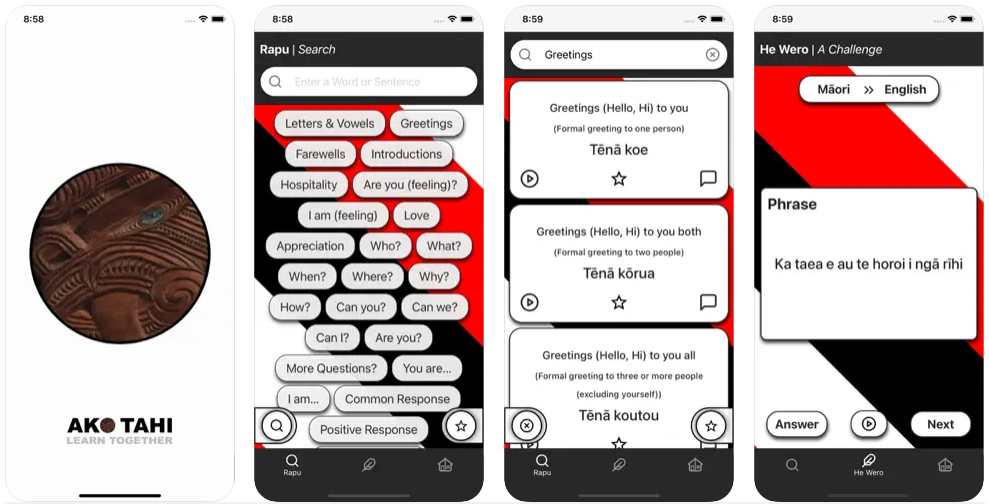
Essentially a Māori phrasebook, Ako Tahi might be useful if you’re looking to translate a particular sentence. Phrases are grouped into broad themes, or there’s a search bar at the top to filter quickly. It’s not really an active learning resource (although there is a feature where you can “test” yourself on random phrases), but you never know when you might want it in your back pocket.

We can't do this without you.
As an independent non-profit, we depend on the generous support of our members and donors to keep us fighting for a better deal.

